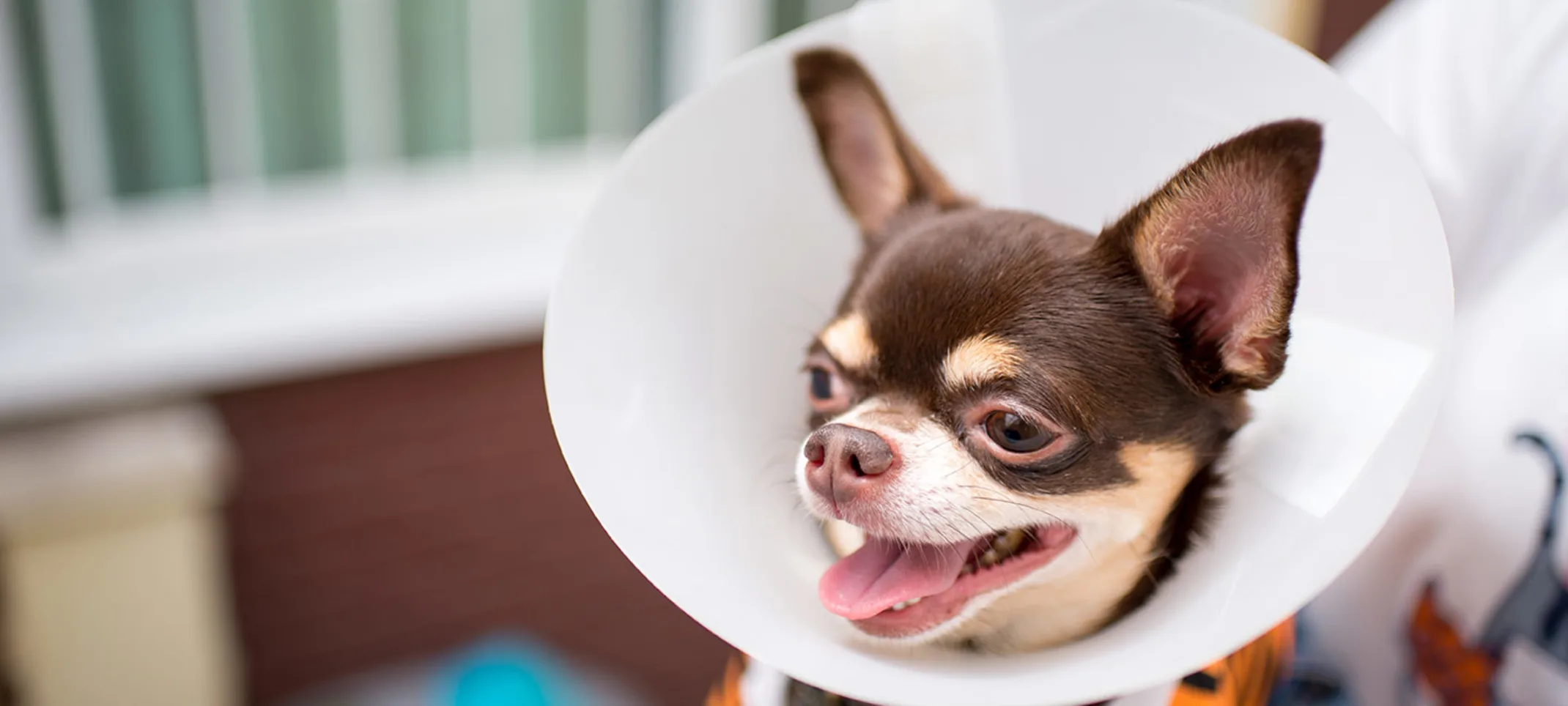Manvel Animal Clinic
Soft Tissue Surgery
We perform soft tissue surgery for a number of medical reasons. This common surgery can be used for most anything non-joint or bone related.

Overview
Soft tissue surgery is any surgery non-joint or bone related, and can include ear, nose and throat, cardio-thoracic, hepatic, gastrointestinal, urogenital, skin reconstructive and oncological surgeries. If soft tissue surgery is recommended for your pet, we will do everything possible to keep them safe and comfortable before, during, and after the surgery.
Why would my pet need soft tissue surgery?
Veterinary soft tissue surgery is recommended for a variety of reasons. The most common soft tissue surgeries for animals are hernia repairs and mass removals. More advanced soft tissue surgeries include cystotomy, abdominal exploratory surgery, and splenectomy.
When would soft tissue surgery be needed?
Soft tissue surgeries are used for a wide array of medical conditions. These include "routine" procedures such as mass removals, trauma, and emergency surgery, wound management, and reconstructive procedures.
How do you care for my pet during surgery?
Our veterinarians adhere to the highest level of care standards for all surgical procedures. Our highly skilled doctors place the utmost emphasis on pain management to ensure your pet is safe and comfortable throughout the treatment process. We believe that keeping our patients safe and comfortable before, during and after surgery is of the greatest importance and an essential component of your pet's care.
Recovering from Surgery: Aftercare
After your pet undergoes surgery, it’s important that they recover safely. Post-surgical aftercare can be as important as the surgery itself. After your pet is ready to go home, your Manvel veterinarian will give you detailed instructions on how to care for your pet while they recover so they can get back on all fours quickly.
Post-surgical aftercare can include instructions for:
Monitoring activity levels – You will have to limit your pet’s activity while they recover so that they don’t injure themselves or reopen their surgical wounds.
Proper feeding and watering - Immediately after surgery, your pet may not be able to eat or drink regularly. We’ll let you know when it is safe to resume their normal eating and drinking schedule.
Administering medicine – If your pet needs medicine as part of their recovery, we’ll give you instructions for the proper administration of medicine, including timing and dosage
Caring for the surgical wound – You may need to help your pet avoid licking or scratching the surgical area while they recover
